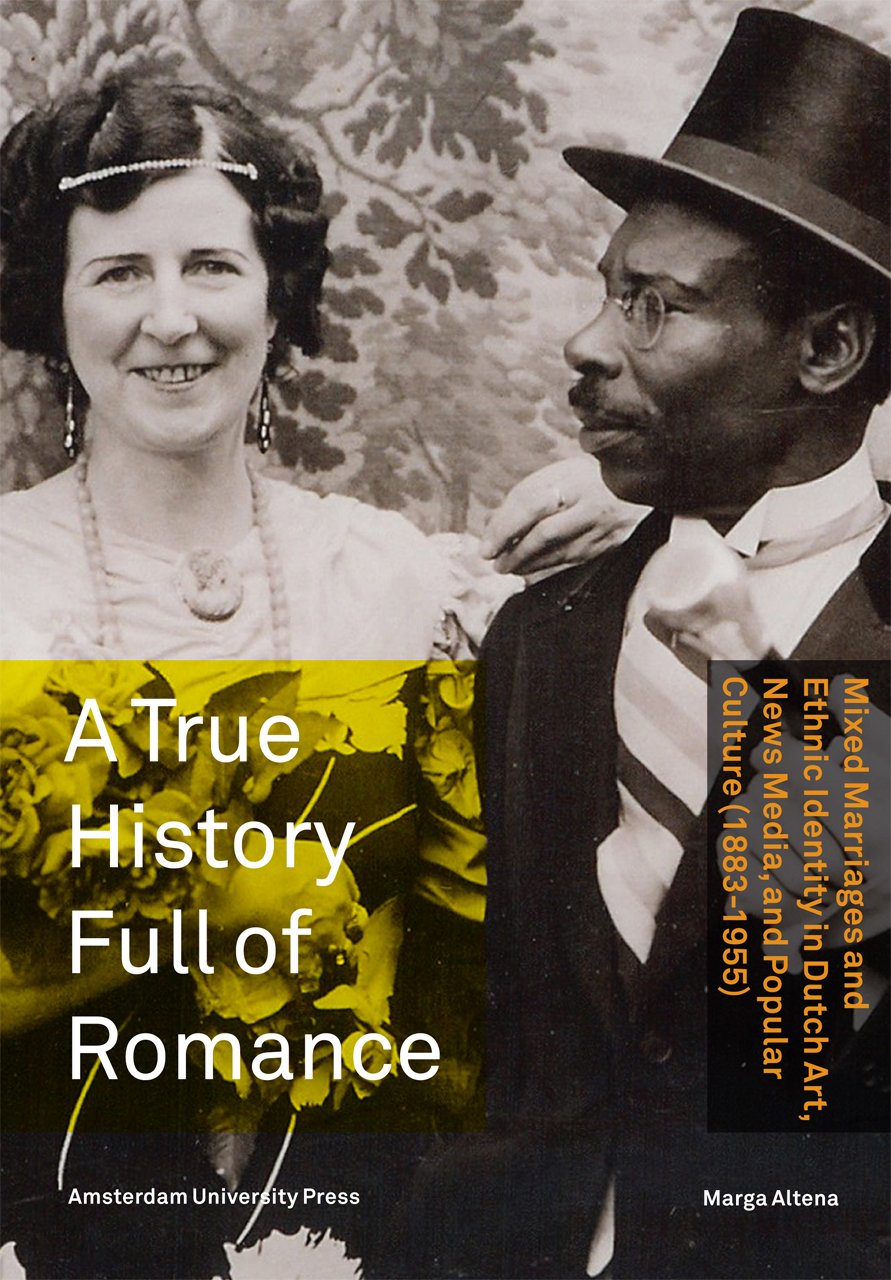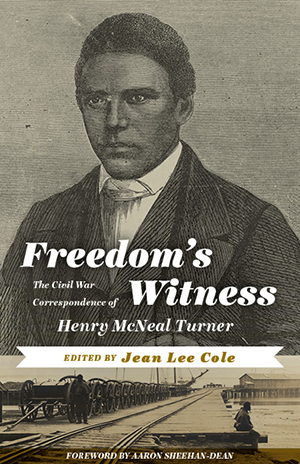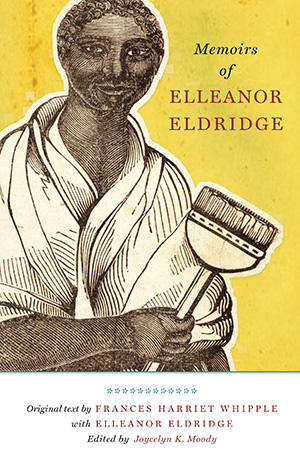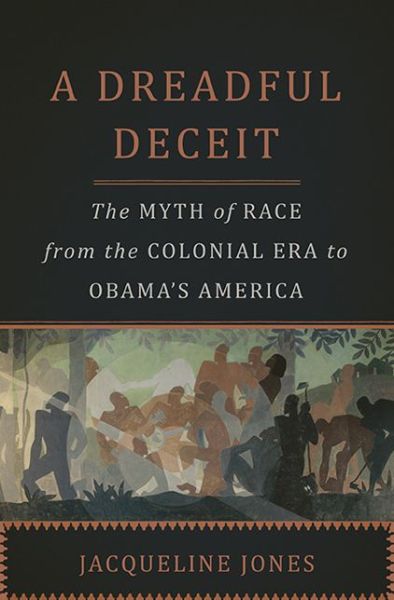Free African Americans of North Carolina, Virginia, and South Carolina from the Colonial Period to About 1820 (Fifth Edition)
Genealogical Publishing Company
2005
2 volumes; 1355 pages
Hardcover ISBN: 9780806352800
Paul Heinegg

The third edition of Paul Heinegg’s Free African Americans of North Carolina and Virginia was awarded the American Society of Genealogists’ prestigious Donald Lines Jacobus Award for the best work of genealogical scholarship published between 1991 and 1994. This fifth edition is Heinegg’s most ambitious effort yet to reconstruct the history of the free African-American communities of Virginia and the Carolinas by looking at the history of their families.
Published in two volumes, and 300 pages longer than the fourth edition, Free African Americans of North Carolina, Virginia, and South Carolina from the Colonial Period to About 1820 consists of detailed genealogies of 600 free black families that originated in Virginia and migrated to North and/or South Carolina from the colonial period to about 1820. The families under investigation represent nearly all African Americans who were free during the colonial period in Virginia and North Carolina. Like its immediate predecessor, the fifth edition traces the branches of a number of African-American families living in South Carolina, where original source materials for this period are much scarcer than in the two states to its north. Researchers will find the names of the more than 10,000 African Americans encompassed by Mr. Heinegg’s genealogies conveniently located in the full-name index at the back of the second volume.
Mr. Heinegg’s findings are the outgrowth of 20 years of research in some 1,000 manuscript volumes, including colonial and early national period tax records, colonial parish registers, 1790-1810 census records, wills, deeds, Free Negro Registers, marriage bonds, Revolutionary pension files, newspapers, and more. The author furnishes copious documentation for his findings and an extensive bibliography of primary and secondary sources.
A work of extraordinary breadth and detail, Free African Americans is of great importance to social historians as well as genealogists. The fifth edition traces many families who were covered in previous editions back to their 17th- and 18th-century roots (families like those of humanitarian Ralph Bunch, former NAACP president Benjamin Chavis, and tennis stars Arthur Ashe and Althea Gibson, that would go on to fame or fortune). Providing copious documentation for his findings and an extensive bibliography of primary and secondary sources, Mr. Heinegg shows that most of these families were the descendants of white servant women who had had children by slaves or free African Americans, not the descendants of slave owners. He dispels a number of other myths about the origins and status of free African Americans, such as the “mysterious” origins of the Lumbees, Melungeons, and other such marginal groups, and demonstrates conclusively that many free African-American families in colonial North Carolina and Virginia were landowners.
The two volumes include the following family surnames: Abel, Acre, Adams, Africa, Ailstock, Alford, Allen, Alman, Alvis, Ampey, Ancel, Anderson, Andrews, Angus, Archer, Armfield, Armstrong, Arnold, Artis, Ashberry, Ashby, Ashe, Ashton, Ashworth, Atkins, Aulden, Avery, Bailey, Baine, Baker, Balkham, Ball, Baltrip, Banks, Bannister, Barber, Bartly/Bartlett, Bass, Bates, Battles, Bazden, Bazmore, Beckett, Bee, Bell, Bennett, Berry, Beverly, Bibbens, Bibby, Biddie, Bing, Bingham, Binns, Bizzell, Black, Blake, Blango, Blanks, Blizzard, Blue, Bolton, Bond, Boon, Booth, Bosman, Bow, Bowden, Bowers, Bowles, Bowman, Bowmer, Bowser, Boyd, Brady, Branch, Brandican, Brandon/Branham, Braveboy, Braxton, Britt, Brogdon, Brooks, Brown, Bruce, Brumejum, Bryan, Bryant, Bugg, Bullard, Bunch, Bunday, Burden, Burke, Burkett, Burnett, Burrell, Busby, Busy, Butler, Byrd, Cane, Cannady, Carter, Cary, Case, Cassidy, Causey, Cauther, Chambers, Chandler, Chapman, Charity, Chavis, Church, Churchwell, Churton, Clark, Cobb, Cockran, Cole, Coleman, Collins, Combess, Combs, Conner, Cook, Cooley, Cooper, Copeland, Copes, Corn, Cornet, Cornish, Cotanch, Cousins, Cox, Coy, Craig, Crane, Cuff, Cuffee, Cumbo, Cunningham, Curle, Curtis, Custalow, Cuttillo, Cypress, Dales, Davenport, Davis, Day, Dean, Deas, Debrix, Demery, Dempsey, Dennis, Dennum, Derosario, Dixon, Dobbins, Dolby, Donathan, Douglass, Dove, Drake, Drew, Driggers, Dring, Driver, Drury, Duncan, Dungee, Dungill, Dunlop, Dunn, Dunstan, Durham, Dutchfield, Eady, Easter, Edgar, Edge, Edwards, Elliott, Ellis, Elmore, Epperson, Epps, Evans, Fagan, Faggott, Farrar, Farthing, Ferrell, Fielding, Fields, Findley, Finnie, Fletcher, Flood, Flora, Flowers, Fortune, Fox, Francis, Francisco, Franklin, Frazier, Freeman, Frost, Fry, Fullam, Fuller, Fuzmore, Gallimore, Gamby, Garden, Gardner, Garner, Garnes, George, Gibson, Gilbert, Gillett, Godett, Goff, Goldman, Gordon, Gowen, Grace, Graham, Grant, Grantum, Graves, Gray, Grayson, Gregory, Grice, Griffin, Grimes, Groom, Groves, Guy, Gwinn, Hackett, Hagins, Hailey, Haithcock, Hall, Hamilton, Hamlin, Hammond, Hanson, Harden, Harmon, Harris, Harrison, Hartless, Harvey, Hatcher, Hatfield/Hatter, Hawkins, Hawley, Haws, Haynes, Hays, Hearn, Heath, Hedgepeth, Hewlett, Hewson, Hickman, Hicks, Hill, Hilliard, Hitchens, Hiter, Hobson, Hodges, Hogg, Hollinger, Holman, Holmes, Holt, Honesty, Hood, Hoomes, Horn, Howard, Howell, Hubbard, Huelin, Hughes, Humbles, Hunt, Hunter, Hurley, Hurst, Ivey, Jackson, Jacobs, James, Jameson, Jarvis, Jasper, Jeffery, Jeffries, Jenkins, Johns, Johnson, Joiner, Jones, Jordan, Jumper, Keemer, Kelly, Kendall, Kent, Kersey, Key/ Kee, Keyton, King, Kinney, Knight, Lamb, Landum, Lang, Lansford, Lantern, Lawrence, Laws, Lawson, Lee, Lephew, Lester, Lett, Leviner, Lewis, Lighty, Ligon, Lively, Liverpool, Locklear, Lockson, Locus/Lucas, Logan, Longo, Lowry, Lugrove, Lynch, Lyons, Lytle, McCarty, McCoy, McDaniel, McIntosh, Maclin, Madden, Mahorney, Manly, Mann, Manning, Manuel, Marshall, Martin, Mason, Matthews, Mayo, Mays, Meade, Mealy, Meekins, Meggs, Melvin, Miles, Miller, Mills, Milton, Mitchell, Mitchum, Mongom, Monoggin, Month, Moore, Mordick, Morgan, Morris, Mosby, Moses, Moss, Mozingo, Muckelroy, Mumford, Munday, Muns, Murray, Murrow, Nash, Neal, Newsom, Newton, Nicholas, Nickens, Norman, Norris, Norton, Norwood, Nutts, Oats, Okey, Oliver, Otter, Overton, Owen, Oxendine, Page, Pagee, Palmer, Parker, Parr, Parrot, Patrick, Patterson, Payne, Peavy, Peacock, Pendarvis, Pendergrass, Perkins, Peters, Pettiford, Phillips, Pickett, Pierce, Pinn, Pittman, Pitts, Plumly, Poe, Pompey, Portions, Portiss, Powell, Powers, Poythress, Press, Price, Prichard, Proctor, Pryor, Pugh, Pursley, Rains, Ralls, Randall, Ranger, Rann, Raper, Ratcliff, Rawlinson, Redcross, Redman, Reed, Reeves, Revell, Reynolds, Rich, Richardson, Rickman, Ridley, Roberts, Robins, Robinson, Rogers, Rollins, Rosario, Ross, Rouse, Rowe, Rowland, Ruff, Ruffin, Russell, Sample, Sampson, Sanderlin, Santee, Saunders, Savoy, Sawyer, Scott, Seldon, Sexton, Shaw, Shepherd, Shoecraft, Shoemaker, Silver, Simmons, Simms, Simon, Simpson, Sisco, Skipper, Slaxton, Smith, Smothers, Sneed, Snelling, Soleleather, Sorrell, Sparrow, Spelman, Spiller, Spriddle, Spruce, Spurlock, Stafford, Stephens, Stewart, Stringer, Sunket, Swan, Sweat, Sweetin, Symons, Taborn, Talbot, Tann, Tate, Taylor, Teague, Teamer, Thomas, Thompson, Timber, Toney, Tootle, Toulson, Toyer, Travis, Turner, Tyler, Tyner, Tyre, Underwood, Valentine, Vaughan, Vena/Venie, Verty, Vickory, Viers, Walden, Walker, Wallace, Warburton, Warrick, Waters, Watkins, Weaver, Webb, Webster,Weeks, Welch, Wells, West, Wharton, Whistler, White, Whitehurst, Wiggins, Wilkins, Wilkinson, Williams, Willis, Wilson, Winborn, Winn, Winters, Wise, Womble, Wood, Wooten, Worrell, Wright, and Young.
Free African Americans ranks as the greatest achievement in black genealogy of this generation! No collection of African-American genealogy or social history is complete without this two-volume work.








